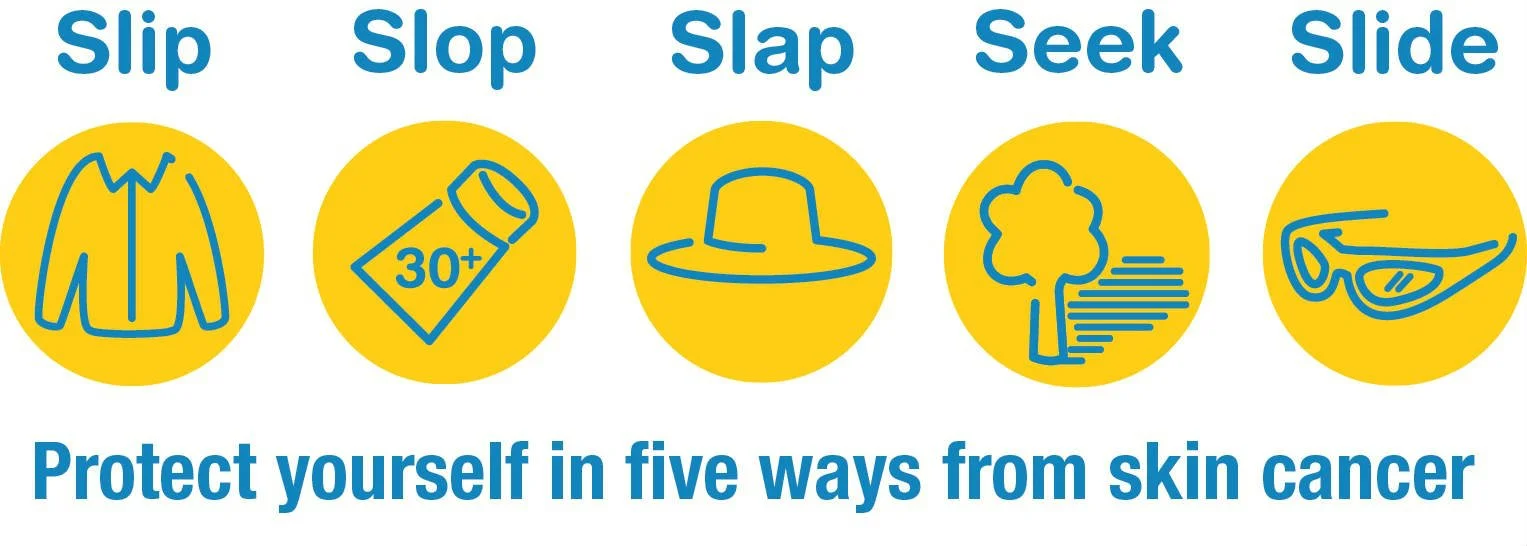Melanoma is perhaps the most insidious form of cancer with thousands of Australians being diagnosed with the disease every single year. Australia and New Zealand have the highest rates of melanoma in the world. Although it is one of the less common types of skin cancer, melanoma is considered the most serious types of skin cancer because it is more likely to spread to other parts of the body, especially if not detected early. The earlier melanoma is found, the more successful treatment is likely to be. Further, early detection of this form of cancer often leads to highly successful treatment.
Melissa was diagnosed with Melanoma 10 years ago after he sister and hairdresser discovered an unsual spot on her scalp. Luckily Melissa was persuaded to go and have her spot examened early and she was able to have the cancer cut out of her scalp. She has just been cleared after her 6 monthly check up, 10 years on. The ultimate key to this illness is early detection and vigilance in its prevention!
Melanoma of the skin is known as cutaneous melanoma; however, there are many subcatagories of this cancer such as: Superficial spreading melanoma, Nodular melanoma, Lentigo maligna melanoma, Acral lentiginous melanoma and Desmoplastic melanoma.
The main cause of cancer is overexposure to UV radiation. When your unprotected skin is exposed to UV radiation, the structure and behaviour of the cells can change. Anyone can potentially develop this cancer but there are certain groups who are pose a higher risk. Those who have unprotected exposure to UV radiation, who have many moles or who are fair skinned are more predisposed to the illness. Further, a family history of the illness can also increase one’s risk.
So, what can you do to ? Well, luckily there are lots of options, principle of them being protect yourself in the sun and avoid unnecessary exposure to UV radiation! If you are someone who is at risk of developing this form of cancer, be sure to get yourself a mole and skin check incrementally in order to be safe. We will say it one more time, early detection is the key!


